Keywords: Brennan
There are more than 200 results, only the first 200 are displayed here.
-
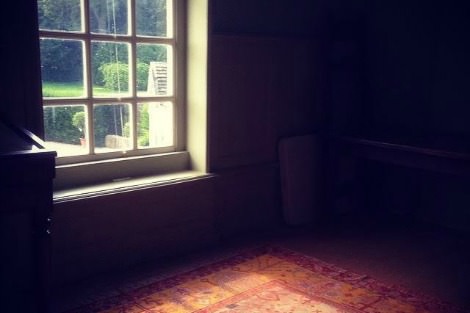
INTERNATIONAL
- Frank Brennan
- 17 May 2016
30 Comments
Once the state legislates to permit assistance with the suicide of a dying, suffering, mentally competent person, the door could well be opened to those who agitate a right to kill and not just a liberty to assist with suicide, and that door could be pushed open onto a class of patients which ultimately will include those who are not dying at all That door is now wide open in Belgium and the Netherlands, while he Canadian Parliament is trying to place appropriate limits. I'm for keeping that door firmly shut.
READ MORE 
-

RELIGION
- Frank Brennan
- 02 May 2016
2 Comments
READ MORE
-
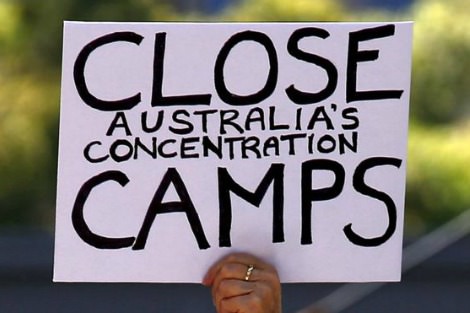
INTERNATIONAL
- Frank Brennan
- 28 April 2016
33 Comments
A bench of five justices of the Supreme Court of Justice, the highest court in Papua New Guinea, has unanimously ruled that the detention of asylum seekers on Manus Island is unconstitutional. Yet again, Australia has been complicit in its Pacific neighbours (PNG and Nauru) prostituting their Constitutions and undermining the rule of law in exchange for a fistful of dollars, with hapless asylum seekers, most of whom are ultimately proved to be refugees, being left to languish.
READ MORE 
-

RELIGION
- Frank Brennan
- 22 April 2016
16 Comments
The Royal Commission into Institutional Responses to Child Sexual Abuse has now published its Case Study 26 on the Neerkol Orphanage in Rockhampton. It finds that the response by the bishop and by the Sisters of Mercy to victims making complaints prior to 1996 was often inadequate and lacking in compassion. The word 'compassion' or 'compassionate' appears 21 times in the report. I have no problem with church people or other individuals adversely judging church leaders for a lack of compassion. There may even be a case for politicians doing it. But I don't think it's the job of a royal commission.
READ MORE
-
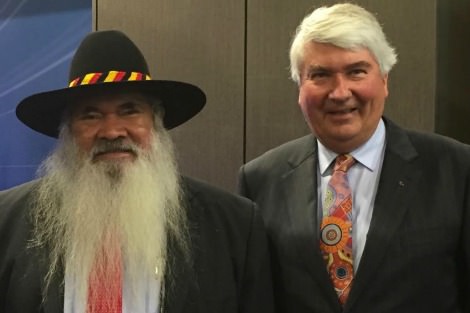
AUSTRALIA
- Frank Brennan
- 15 April 2016
21 Comments
The royal commission into Aboriginal deaths in custody, which signed off on its final reports 25 years ago this Friday, definitely improved the systems for supervision of persons in detention, reducing the risk of deaths in custody. It also led to better coronial procedures. But it failed to reverse Indigenous imprisonment rates and it did little to counter the underlying causes of Indigenous imprisonment. Back then, Patrick Dodson saw police as the main problem. Now, he thinks it's the legislators.
READ MORE 
-
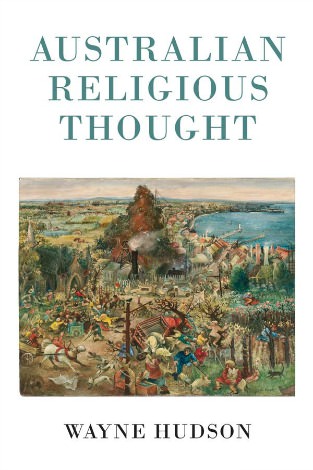
RELIGION
- Frank Brennan
- 22 March 2016
6 Comments
I offer no public judgment of Pell, and unlike many other commentators I'll await the findings of the royal commission. I have however been outspoken about his right to a fair hearing and natural justice, not because I am a priest but because I am a human rights lawyer who cares about the universal application of the rule of law. It is when a representative of institutional religion like Pell taps into the generic religious sensibility or moral consciousness that the real work of Australian religious thought is done.
READ MORE
-
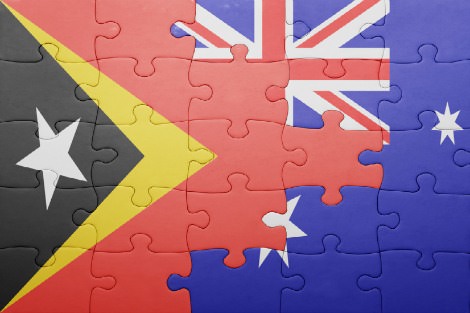
AUSTRALIA
- Frank Brennan
- 21 March 2016
10 Comments
Rui Maria de Araujo, the prime minister of Timor-Leste, wrote to Malcolm Turnbull inviting him to turn a new leaf in the Australia-Timor relationship. It was not to be. But the Timorese are well used to winning the hearts and minds of Australians even when our political leaders appear to be tone deaf to their pleas. This time they have convinced the Labor Party about the justice of their cause, and there is every chance that the Australian community will rally behind them after the federal election.
READ MORE 
-

RELIGION
- Frank Brennan
- 07 March 2016
'On his last two visits to Latin America, Pope Francis has focused on past and present relationships between indigenous peoples and their colonisers. This Jubilee Year of Mercy perhaps it could be a blessed moment for Aboriginal Australians and descendants of their colonisers to walk together through the Door of Mercy at the St Francis Xavier Cathedral, calling to mind the sins and endeavours of the past, the achievements and commitments of the present, and the hopes and aspirations of the future.' Fr Frank Brennan SJ, Lenten Talk, Norwood Parish, 3 March 2016
READ MORE
-
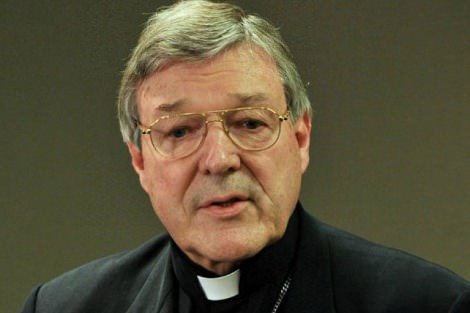
RELIGION
- Frank Brennan
- 23 February 2016
47 Comments
McClellan and his fellow commissioners on the Royal Commission into Institutional Responses to Child Sexual Abuse have a daunting task in the next fortnight, according due process and natural justice to a high profile witness on the other side of the world who has been publicly labeled 'scum', 'buffoon' and a 'coward', being the subject of unauthorised leaks about uninvestigated complaints from a police service which itself is under scrutiny for its past cooperation with the witness and his Church.
READ MORE 
-
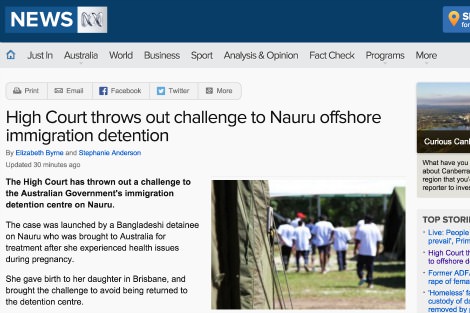
AUSTRALIA
- Frank Brennan
- 04 February 2016
24 Comments
Following Wednesday's High Court decision, the moral depravity of Australian funded offshore detention of asylum seekers, including children, is to continue. There is no joy to be found in our High Court applying a Constitution even more bereft of human rights protections than that of Nauru. It's time for our politicians to address the political and moral question: what purpose is actually served by sending this mum and her baby back to Nauru, when the boats have already stopped and will stay stop?
READ MORE 
-
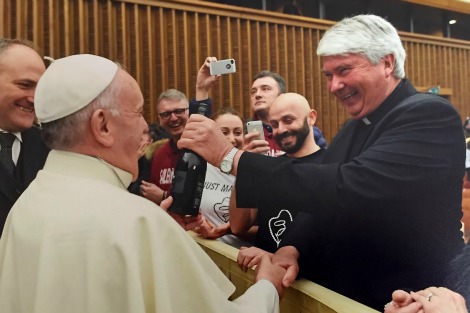
RELIGION
- Frank Brennan
- 25 January 2016
22 Comments
Hailing from Argentina, Francis puts his trust neither in ideological Communism nor in unbridled capitalism. We need to enhance international security, building the rule of law within multilateral organisations, and fostering the climate for investment sensitive to the triple bottom line - economic, social and environmental. I return from Rome grateful that we have a pope prepared to open these questions, accompanied by senior prelates happy to mix it with business and community leaders.
READ MORE 
-
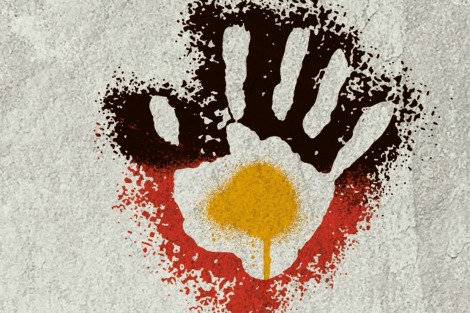
AUSTRALIA
- Frank Brennan
- 15 January 2016
9 Comments
It is now more than three years (and three prime ministers) since the expert panel set up by the Gillard government reported on how the Constitution might be amended to provide recognition of Aboriginal and Torres Strait Islander peoples. When I read the report, my heart sank. It had put forward a comprehensive, but unachievable and unworkable proposal for change. The lesson from 1967 is that a modest change carried overwhelmingly by the Australian people provides the impetus for change.
READ MORE 